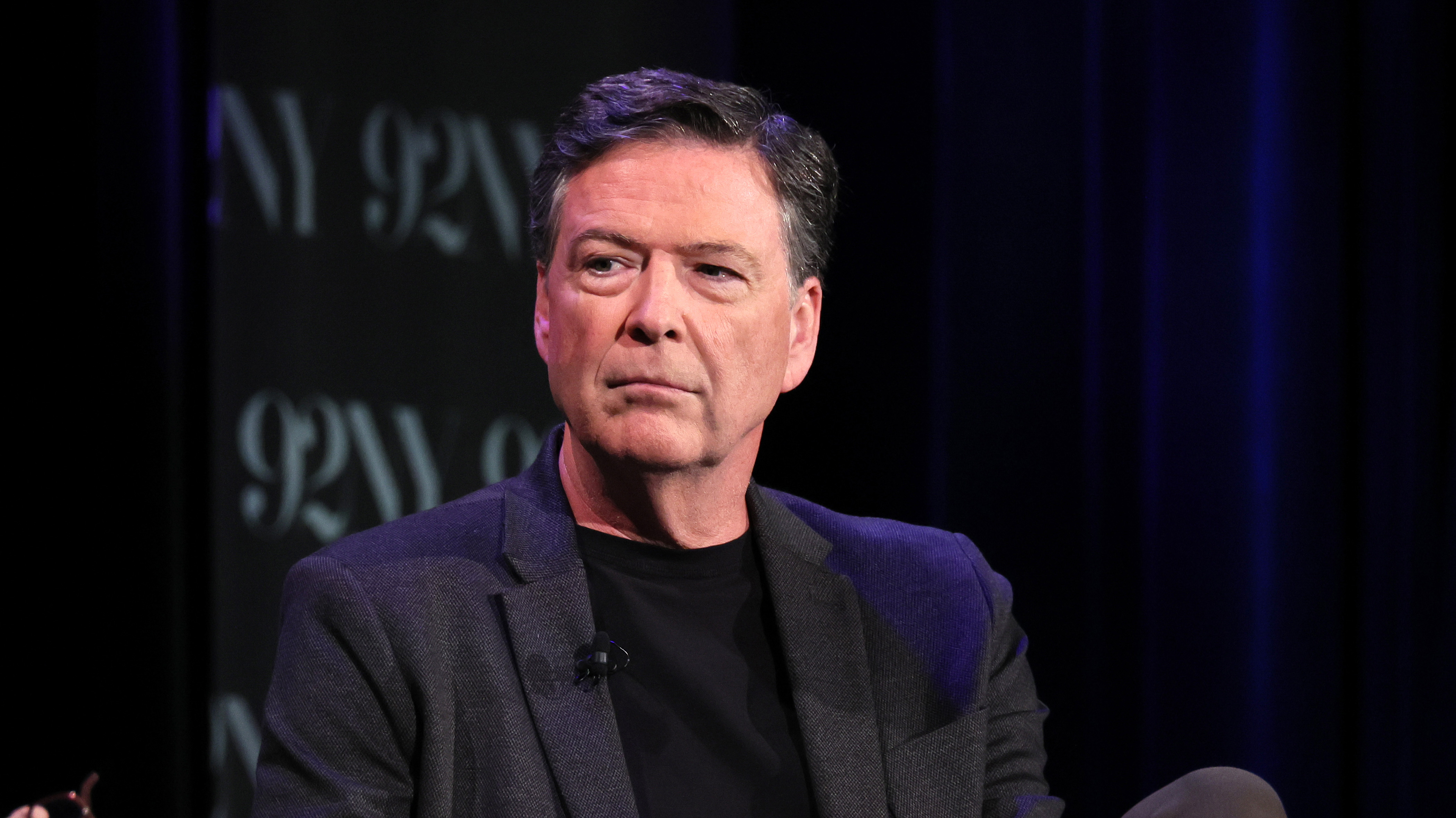Supreme Court decision creates confusion over which firearm restrictions are constitutional
Written by ABC Audio ALL RIGHTS RESERVED on January 13, 2023

(WASHINGTON) — Since the U.S. Supreme Court overturned a New York law limiting the concealed carry of handguns in public areas, there has been an increasing lack of clarity on gun restrictions, experts told ABC News.
“The [New York State Rifle & Pistol Association v. Bruen] decision really opens up a whole new way of analyzing the legality of firearm regulation and so there is no experience really to go by, so it’s essentially a free for all,” Michael Siegel, a faculty member at Tufts School of Medicine who studies firearm violence, told ABC News in an interview.
Siegel said the Bruen decision created a new system for how the constitutionality of firearm laws are to be judged where “nothing is really clear” and it is a trial and error situation.
The Bruen decision was “monumental” for gun rights and gave them a lot of key victories in the last few months, Alan Gottlieb, the executive director of the Second Amendment Foundation, told ABC News in an interview.
“We’ve knocked out some laws in California, we’ve got restraining orders against some of the ones in New York, we just got the temporary restraining order against the one in New Jersey,” Gottlieb said.
There are currently close to 50 cases in federal court challenging gun control laws across the country, Gottlieb said.
Gottlieb criticized lawmakers for passing what he said are more restrictive laws that are not drawn narrowly enough, despite the Breun decision.
“Breun opened the door to extreme decisions, but it didn’t close the door to sensible gun regulation,” Janet Carter, who directs Everytown’s national Second Amendment practice, told ABC News in an interview.
A federal judge in Oregon allowed a ballot measure approved by voters to stay in place, restricting large capacity magazines, by recognizing that they are not necessary for the function of a gun or for self defense, Carter cited.
Illinois
Illinois became the latest state to ban assault weapons along with high capacity magazines and rapid-firing devices.
The ban came six months after a gunman used a semiautomatic rifle to shoot and kill seven people at a 4th of July parade in Highland Park.
While the ban was signed into law by the state’s governor, Siegel warned that it could face challenges in court.
Siegel also criticized the assault weapons ban saying that it targets cosmetic features of guns, but does not make the guns themselves safer. Research also suggests that assault weapon bans do not have any impact on reducing firearm violence, Siegel said.
However, research shows that states that have bans on large capacity, ammunition magazines actually experience fewer fatalities when a mass shooting occurs, according to Siegel.
New Jersey
It is still unclear what the courts will decide when it comes to restricting places where guns can be brought. While there is a long history of restricting places where guns can be, the Supreme Court has established that there is a right to posses guns for self-defense outside of their homes.
While there are certain places that can be protected from guns, the concern is that if the list of places gets too long, it could be interpreted as restricting the public’s Second Amendment rights, according to Siegel.
New York
New York passed gun restrictions in response to the Breun decision, making concealed carry in “sensitive locations” illegal, and banning guns from areas including mass transit and Times Square.
A federal judge blocked parts of the new gun law governing licensing. The law replaced the unconstitutional “proper cause” standard with a requirement to demonstrate “good moral character.”
The Supreme Court on Thursday allowed the law to remain in place, for now.
Gottlieb criticized the law, saying jewelry store owners in Times Square received notices that they cannot have guns on the premises since it is now a sensitive location.
Reducing gun violence
To limit firearm violence, research published last year suggests that lawmakers should focus on who has access to weapons, rather than the weapons themselves. Research suggests that there is bipartisan support for keeping weapons away from dangerous people or those with a criminal history, Siegel said.
There are only four states that have bans that prohibit the possession and purchase of a gun by anyone with a history of violence.
Siegel was the lead researcher in a study that recommended several policies widely supported by gun owners and non-gun owners, including lowering the threshold of what crimes can disqualify someone from being able to legally purchase or possess a gun. Those include violent misdemeanor crimes such as assault, along with battery and stalking, which is currently excluded. Additional recommended policies include implementing red flag laws, simplifying universal background checks and implementing state-level gun permit laws.
Copyright © 2023, ABC Audio. All rights reserved.

 KVSP
KVSP 



